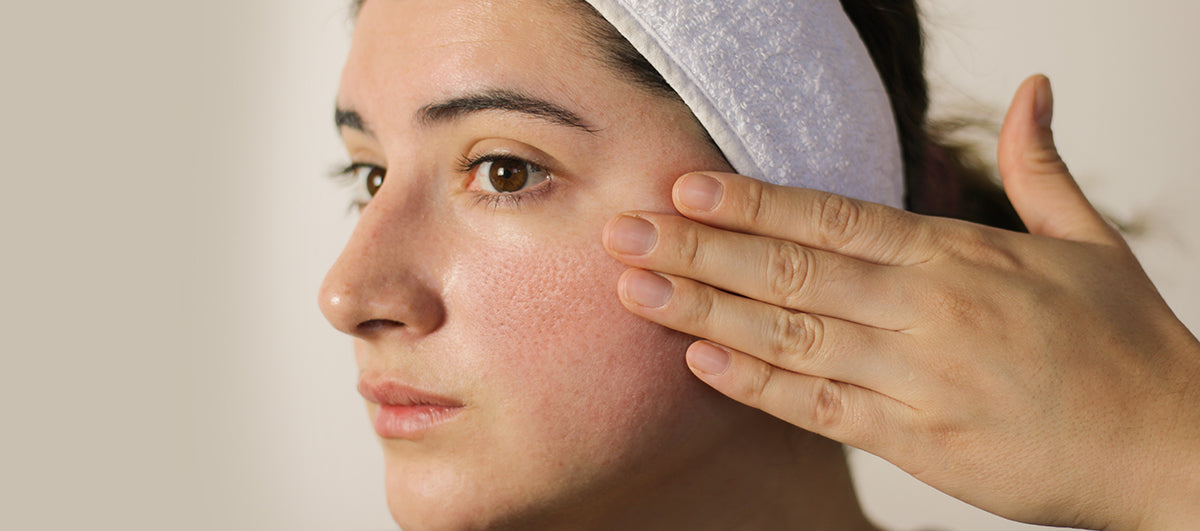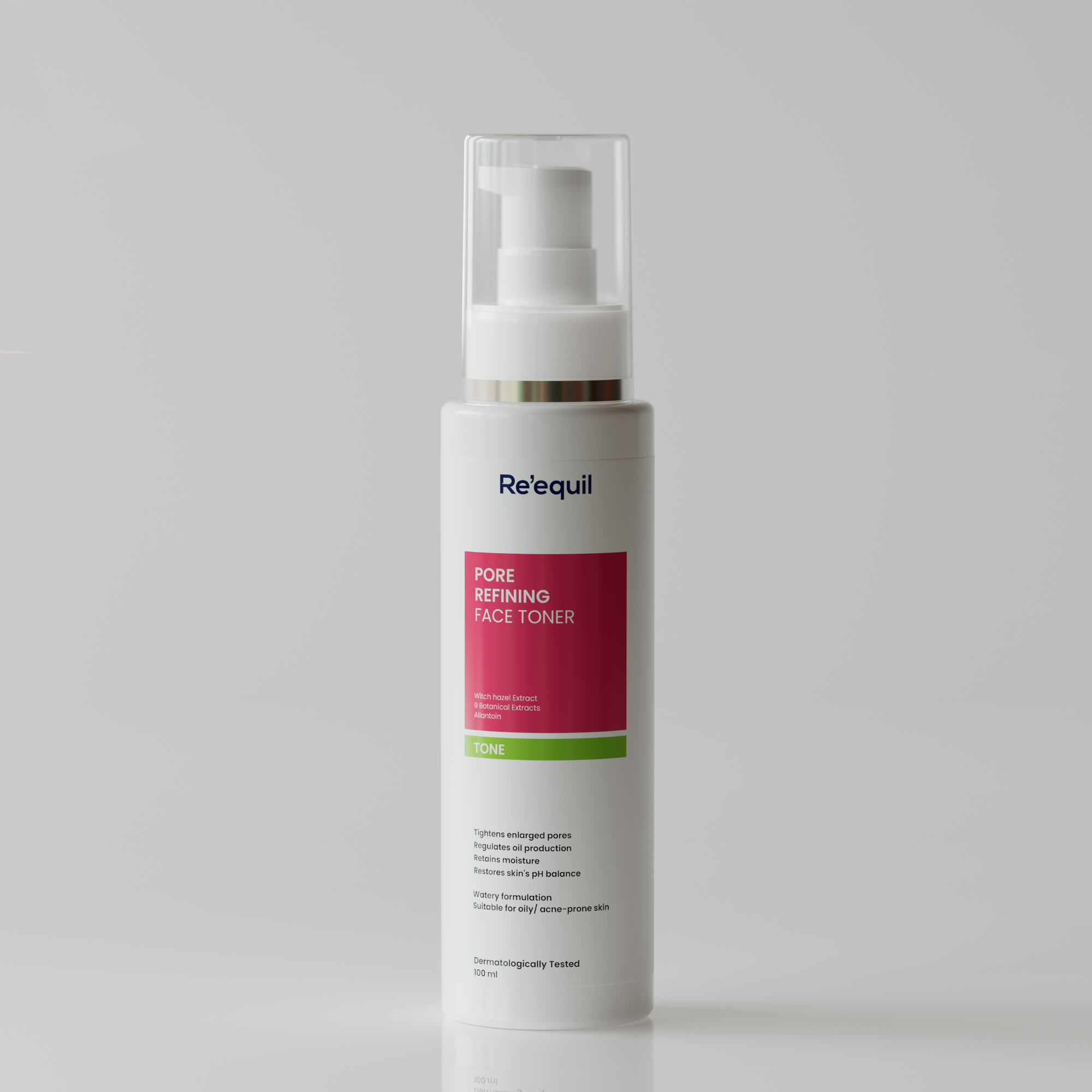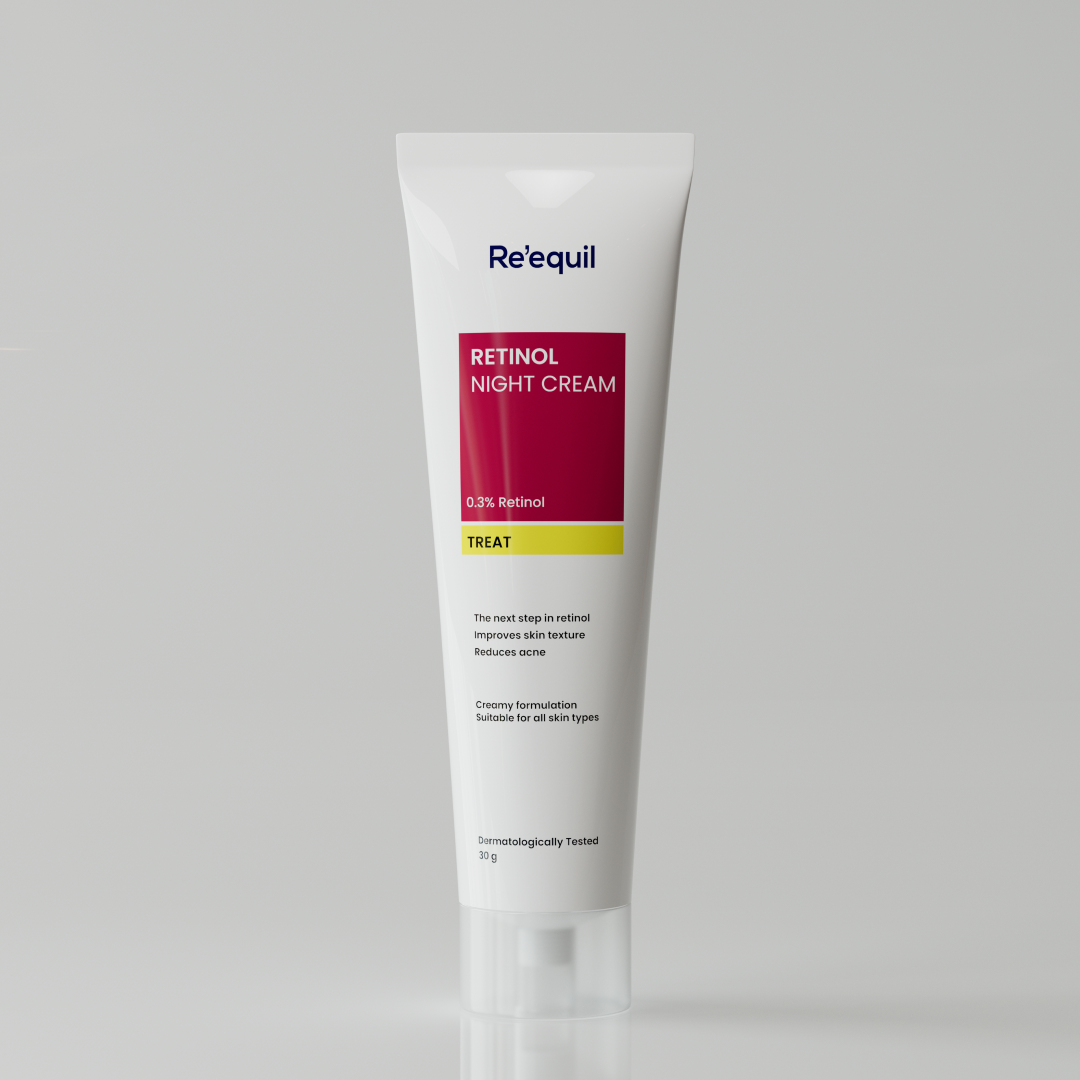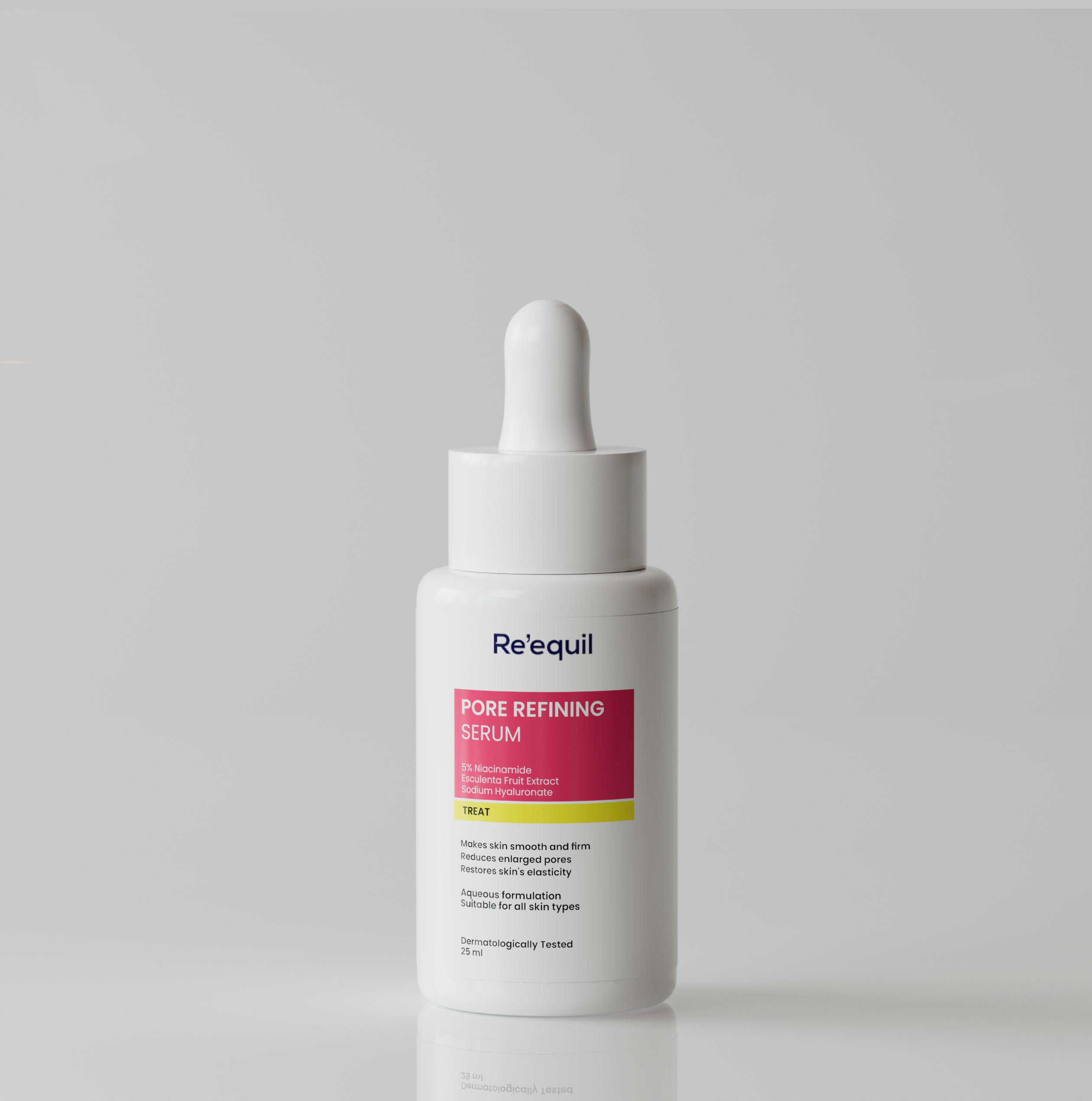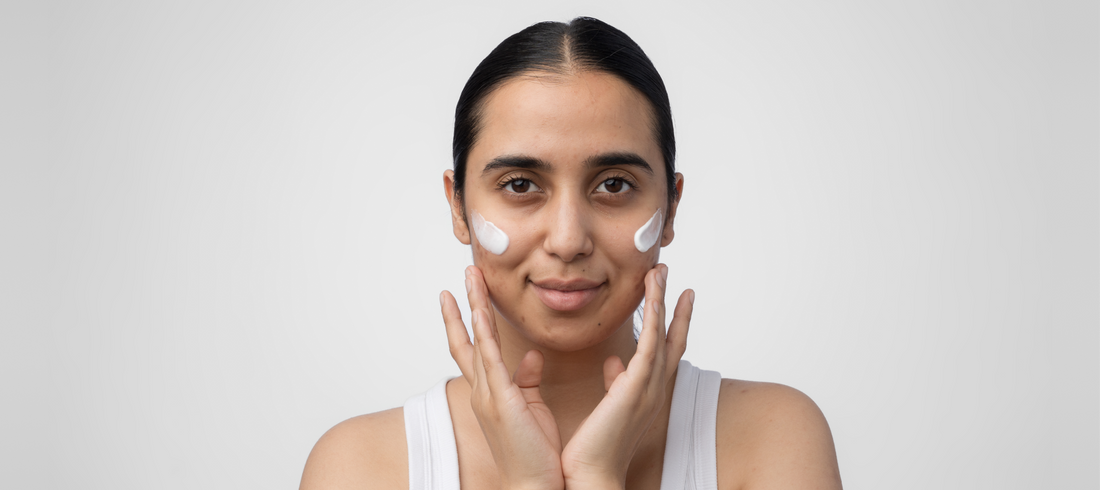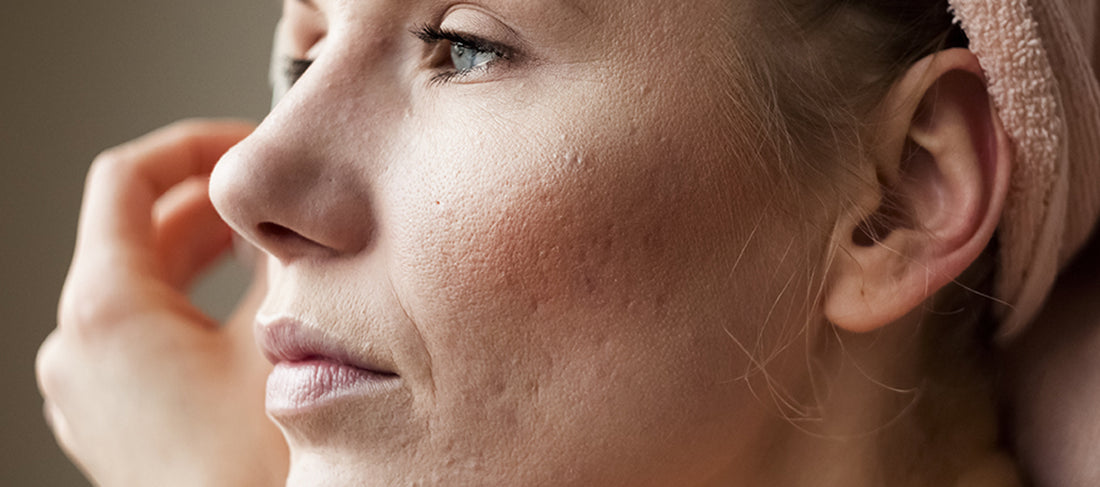Pores play a vital role in keeping your skin and body healthy.
But enlarged pores can make your skin look rough and uneven.
And if you are struggling to get rid of enlarged pores—here are several treatments that can help you reduce pore size and refine your skin texture.
What are the major causes of enlarged pores?
Genetics
Your genes are one important factor that determines your pore size. So, if your family members have large pores, you may also inherit the same skin type.
Excessive sebum production
The rise in the production of your skin’s natural oil (sebum) is yet another main reason behind the development of noticeable large pores. This usually leads to several changes in your skin like acne, large pores, etc.
Ageing
Collagen and elastin do more than just prevent wrinkles—they also help keep your pores tight and intact. As we age, the natural decline in these proteins leads to larger pores and looser skin.
UV radiations
UV radiations are yet another common culprit behind the development of large pores.
Numerous studies reveal that the harmful UVA and UVB radiation of the sun decreases the elasticity and firmness of your skin.
It further results in enlarged open pores along with signs of photoaging.
Top 5 ways to reduce enlarged pores
1. Use “non - comedogenic” products
Reading the product label is not enough. Some hidden ingredients tend to clog your pores due to which your skin has to bear skin concerns like acne, blackheads, pimples, blemishes etc.
That's why you should always opt for non-comedogenic products. Meaning such products do not cause pore blockages and keep skin breathable.
2. Apply a toner after face wash
Toners contain active ingredients that penetrate deeper into the skin, providing a thorough cleanse that face washes sometimes miss.
For oily, acne-prone skin—which often leads to enlarged pores—choose a toner designed to balance oil and control acne.
3. Opt for serums that contain Niacinamide
Adding a niacinamide serum to your skincare routine is a great advantage.
Niacinamide helps balance sebum production and refines pores
It also addresses visible signs of ageing by boosting ceramide production to strengthen the skin barrier function.
A study published in Cosmeceuticals and Cosmetic Practice highlights Niacinamide’s effectiveness in reducing pore size and enhancing skin texture, thanks to its ability to control sebum and balance oil levels.
4. Wear a broad-spectrum sunscreen daily
Excessive sun exposure causes damage to elastin and collagen due to which pore openings begin to stretch.
Wearing sunscreen shall be a 365 days ritual to protect skin from sun damage—reducing the chance of enlarged pores, hyperpigmentation, and age spots.
5. Consider using a retinol cream
Retinol can help reduce the appearance of enlarged pores. Secondly, Retinol being a Vitamin A derivative has the ability to work effectively on early signs of ageing like wrinkles, fine lines, crow’s feet etc.
Topical application of Retinol boosts collagen production leaving skin youthful and refreshed.
Some of the major benefits of Retinol -
- Refines pores
- Exfoliates skin
- Boosts skin cell turnover
- Prevents clogging of pores
- Reverse sun damage and photoaging
For beginners, it is advised to start with a lower concentration and gradually increase it.






